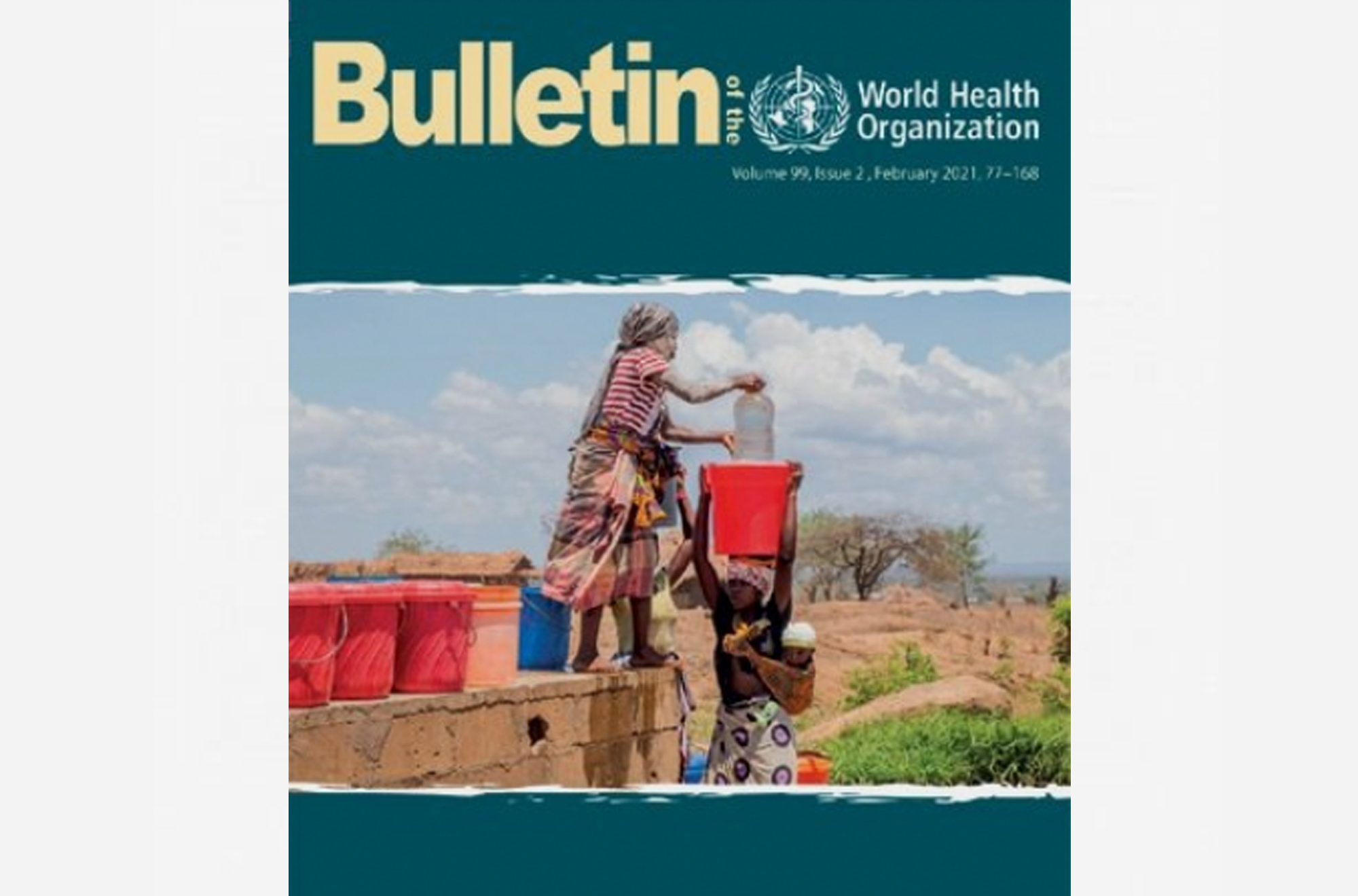
by Viroj Tangcharoensathien, Poonam Singh, Anne Mills
World Health Organization Bulletin, Editorial (excerpts), 2021;99:78-78A
“At the end of 2020, 77 million people had tested positive for the severe acute respiratory syndrome coronavirus 2 and of these, 1.7 million had died from coronavirus disease 2019 (Covid-19). Of the total 23.9 million active cases on 10 January 2021, 108 368 (0.5%) were critically ill, requiring significant healthcare resources. Of the Covid-19 survivors who have lasting sequelae, many will require continuing treatment and hence will need long-term health care. A systematic review covering 166 countries reported 152,888 infections and 1,413 deaths among health-care workers as of 8 May 2020. The significant temporary reduction of healthcare worker capacity through periods of infection and isolation, as well as permanent attrition through death or severe long-term sequalae, hamper public health responses and clinical management. Before the Covid-19 pandemic, health systems in most low- and middle-income countries were stretched, contributing to a lack of universal access to health services.
“During the pandemic, many governments have redirected resources to the Covid-19 response, further stretching the health system and disrupting other disease prevention and treatment services. This issue of the WHO Bulletin goes beyond the health sector to examine some of the wider issues of governance as they affect pandemic response and the introduction of diverse measures at different times. Effective and decisive whole of-government responses and female leadership have been associated with better health outcomes. Other good governance attributes such as transparency, effective public communication by the highest level of government and accountability of decision-makers have also been shown to contribute to better containment….
“The global response to the pandemic has been inadequate. Wealthier countries will naturally put their own people first, and poorer countries have little political or economic leverage to change this stance; however, donor governments could help low- and middle-income countries deal with the pandemic. The unhealthy geopolitics that hamper global responses and how international instruments that address climate change can be applied to pandemics, are also discussed in this theme issue. Ways to address the geopolitical status quo, through understanding of the social, commercial and ecosocial determinants of health, are suggested.”



